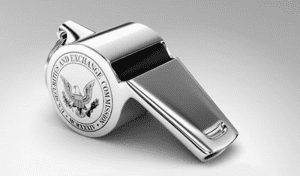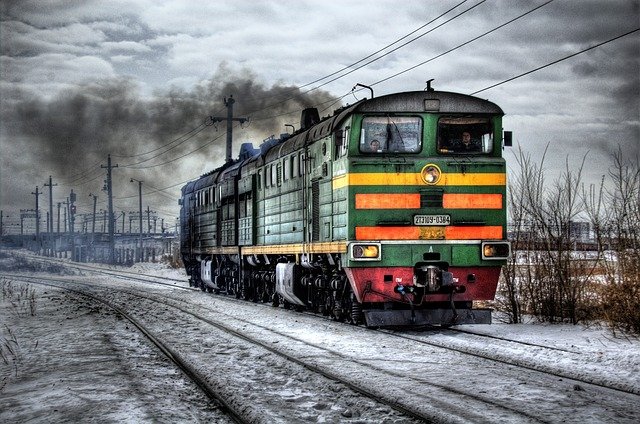Michael Fink of Bismarck, North Dakota recently filed a federal lawsuit seeking back pay, lost wages, benefits, damages for emotional support, and other relief after BNSF, a railway company, let him go last year after he blew the whistle on a few concerning things. Additionally, we would like his job back and is seeking up to $250,000 in punitive damages. The suit was filed earlier this month in North Dakota’s U.S. District Court.

According to the lawsuit, Fink was fired on April 5, 2019, for dishonesty after “reporting how a switch, which allows trains to transfer to another set of rails, was damaged on Feb. 5, 2019, at the Jamestown, N.D., railyard.” In filing the suit, Fink argues he “told the truth about the incident, that his crew did not back into the switch but that possibly a maintenance crew damaged it before his staff arrived on the scene.” He claims he was fired “because he reported problems about emergency brake policy on February 5, 2019.”
The complaint further notes “BNSF coal trains and empty cars were not properly braking during the winter months in 2017, 2018 and 2019.” In fact, on one occasion, “a train broke in half as it went through Hettinger, N.D., about 60 miles south of Dickinson, N.D., near the South Dakota border.” In the incident, the “emergency brakes did not engage, which allowed train cars to freely and uncontrollably roll through several grade crossings in several towns,” according to the suit.
Additionally, there were many “inquiries about old control valves needing to be replaced when looking into the issue,” the suit notes. Coal car valves have a life expectancy of 10 years, but BNSF used ones that were 20 years old despite being aware of the problem, the complaint alleged.
The problems with the faulty emergency brakes were allowed to fester until high-ranking officials from BNSF headquarters came in to investigate the matter in 2019. After their investigation, the company “ordered trains with bad emergency brakes to not leave terminals until the old valves were replaced.” However, “employees were told to implement a policy change that Fink said would prevent them from knowing if emergency brakes would work,” according to the lawsuit. The complaint further states:
“The impact of this policy change was that crews were being instructed to draw the train’s brakes to zero before separating a train, thereby leaving the crew in the dark as to whether the train would make a proper emergency brake application.”
He also told her supervisors the company was “incorrectly and inappropriately using the policy to mask braking problems.” The suit states:
“It is incredibly dangerous to BNSF employees and the public if trains do not go into emergency braking…It is likewise incredibly dangerous if train crews are operating trains without knowing if they have fully functioning emergency brakes.”
When commenting on the matter, the company said it is “committed to the safety of our people, our operations and the communities we serve…This is the foundation of our company, and we take any allegations of unsafe practices very seriously.”
Sources:
Blowing whistle on train brake failures got BNSF worker fired, lawsuit claims


Join the conversation!